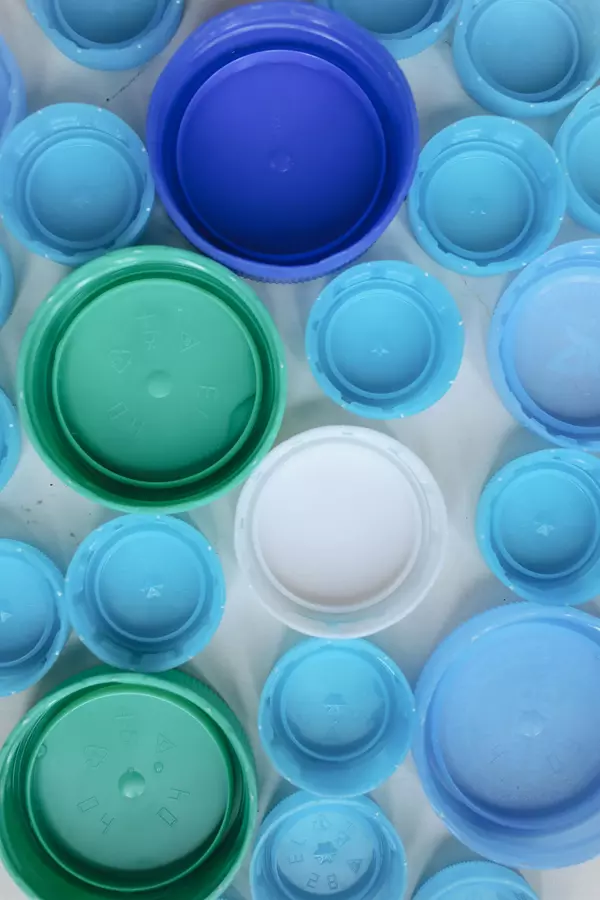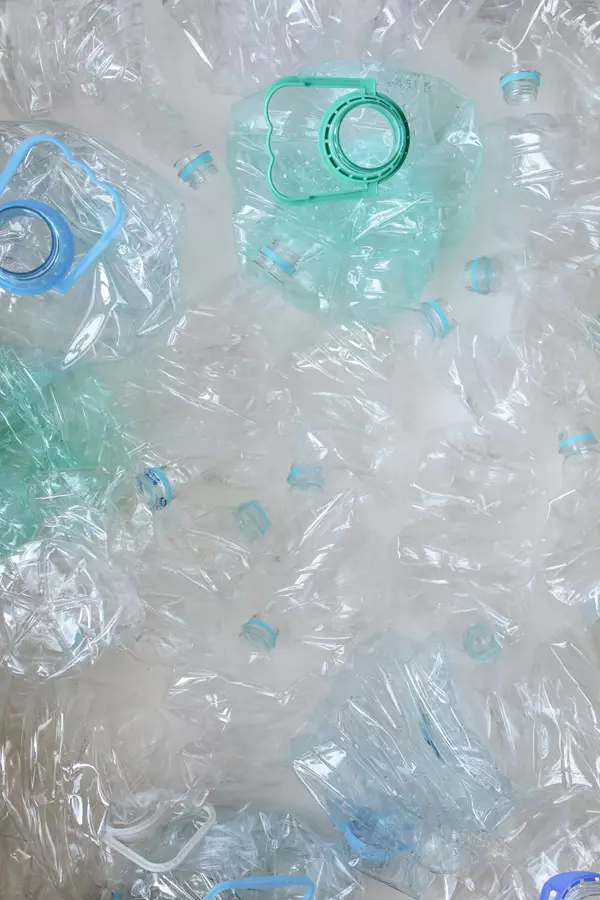
Sustainable solutions: plastic recycling technologies in action

The urgent need for sustainable plastic solutions
Plastic pollution has become one of the most pressing environmental challenges of our time.
With millions of tons of plastic waste entering our oceans and landfills every year, the need for sustainable solutions has never been more urgent. Fortunately, advancements in plastic recycling technologies offer hope for mitigating this crisis.
Chemical recycling: breaking down plastic at the molecular level
Chemical recycling represents a promising avenue for addressing the limitations of traditional mechanical recycling methods. Unlike mechanical recycling, which involves melting down plastic for reuse, chemical recycling breaks down plastic at the molecular level, allowing for the creation of high-quality recycled materials. This process not only reduces the need for virgin plastics but also enables the recycling of complex plastics that are challenging to process through mechanical means.
Bioplastics: harnessing the power of nature
Bioplastics offer a sustainable alternative to traditional petroleum-based plastics. Derived from renewable biomass sources such as corn, sugarcane, or algae, bioplastics can be biodegradable or compostable, reducing their environmental impact. Moreover, advancements in bioplastic technology have led to the development of biodegradable alternatives that maintain the durability and versatility of conventional plastics while minimizing their ecological footprint.
Pyrolysis: turning plastic waste into valuable resources
Pyrolysis involves the thermal decomposition of organic materials in the absence of oxygen, resulting in the production of valuable byproducts such as bio-oil, syngas, and char. In the context of plastic recycling, pyrolysis offers a means of converting plastic waste into these valuable resources, which can be used as feedstock for the production of fuels, chemicals, and other materials. By diverting plastic waste from landfills and incinerators, pyrolysis contributes to both environmental and economic sustainability.
Blockchain technology: enhancing transparency and traceability
Blockchain technology has the potential to revolutionize the recycling industry by enhancing transparency and traceability throughout the supply chain. By creating immutable records of transactions and interactions, blockchain enables stakeholders to track the movement of recycled materials from collection to processing to manufacturing. This not only reduces the risk of fraud and contamination but also incentivizes sustainable practices by rewarding participants for their contributions to the circular economy.
Robotics and automation: streamlining the recycling process
Advancements in robotics and automation are transforming the recycling industry by streamlining processes and increasing efficiency. From sorting and separating different types of plastics to managing material flows in recycling facilities, robots are capable of performing tasks with speed and precision, reducing the reliance on manual labor and minimizing errors. By optimizing the recycling process, robotics and automation play a crucial role in enhancing the scalability and viability of sustainable plastic solutions.
Collaborative partnerships: driving innovation and impact
Collaborative partnerships between governments, businesses, NGOs, and research institutions are essential for driving innovation and maximizing the impact of sustainable plastic solutions. By leveraging collective expertise, resources, and networks, these partnerships facilitate the development and deployment of cutting-edge technologies, policies, and initiatives aimed at addressing the plastic pollution crisis. Together, we can build a more sustainable future where plastic waste is minimized, and resources are conserved for generations to come – plastic recycling.
In conclusion, sustainable solutions for plastic recycling are critical in addressing the growing environmental challenges posed by plastic pollution. Through advancements in chemical recycling, bioplastics, pyrolysis, blockchain technology, robotics, automation, and collaborative partnerships, we can create a circular economy where plastic waste is minimized, and resources are utilized responsibly. By embracing these technologies and working together towards a common goal, we can pave the way for a cleaner, healthier planet for future generations.